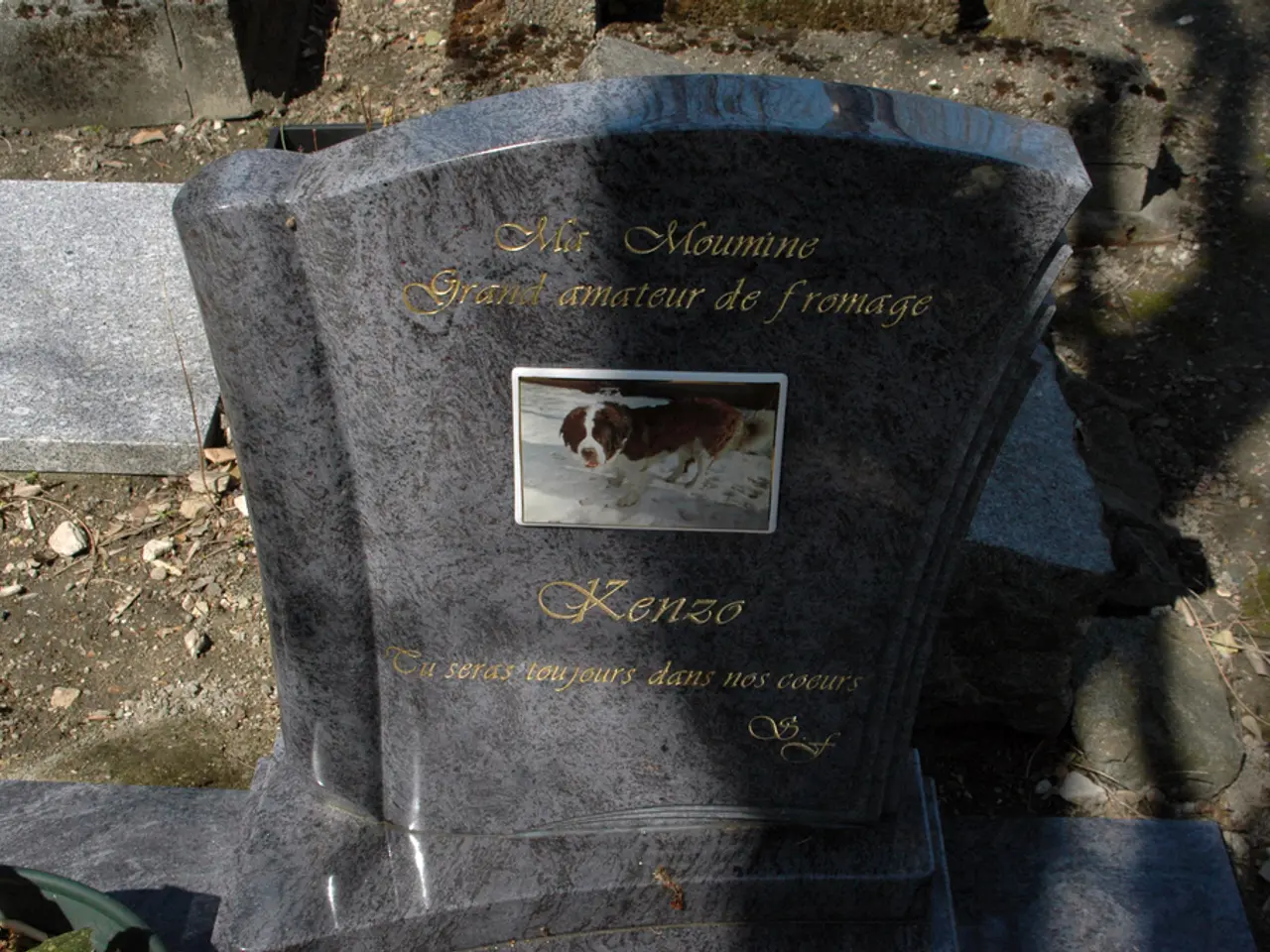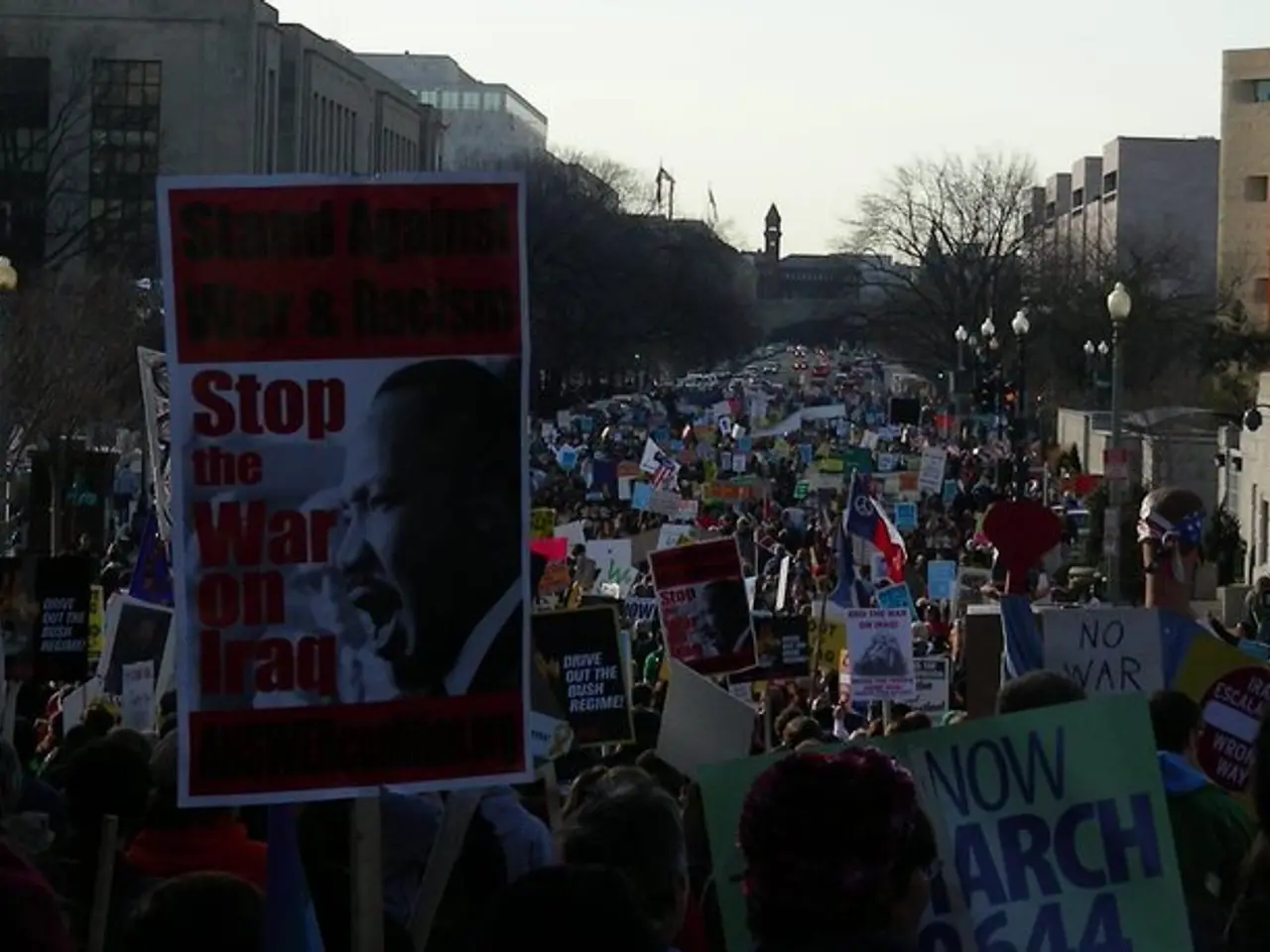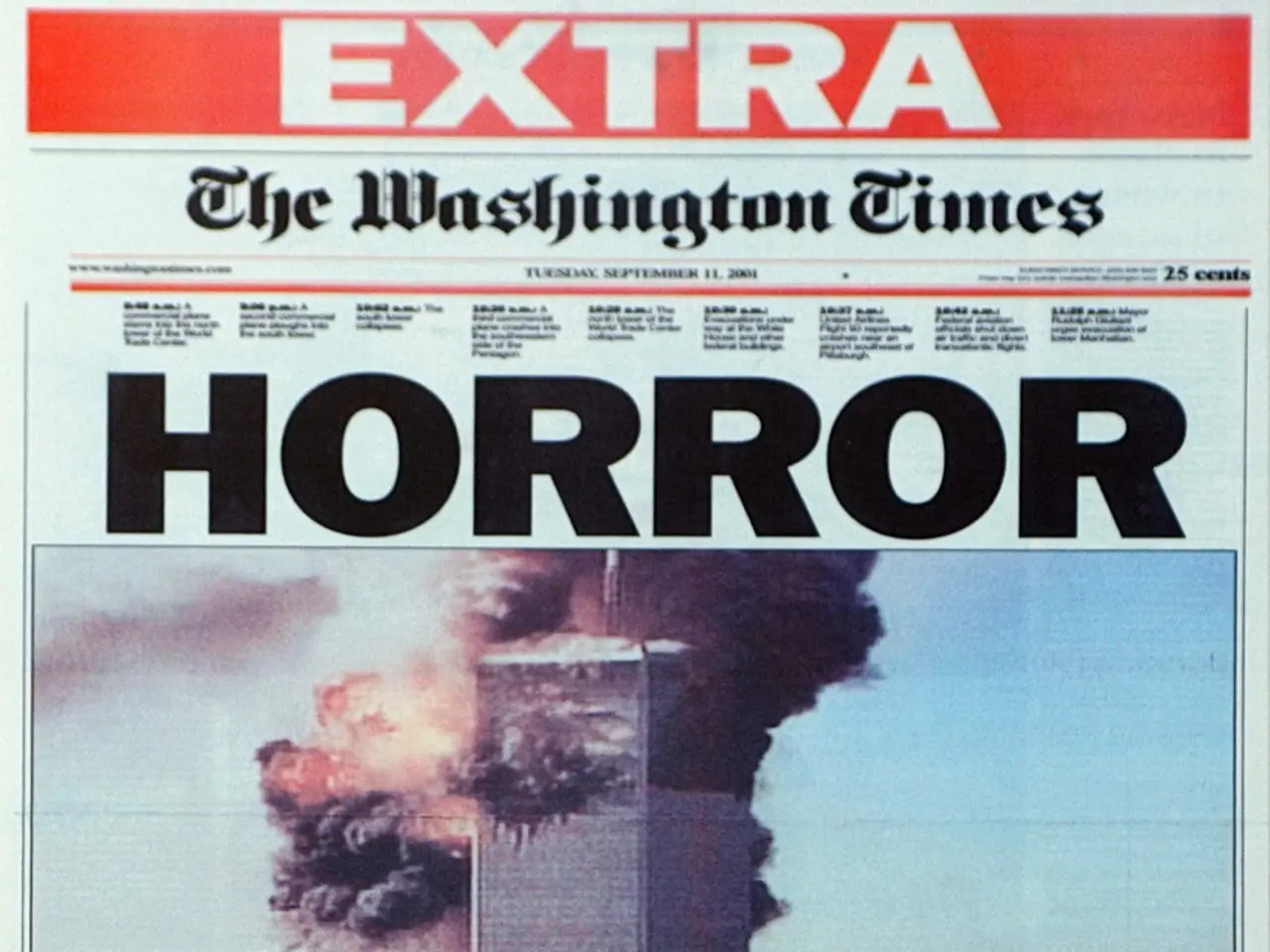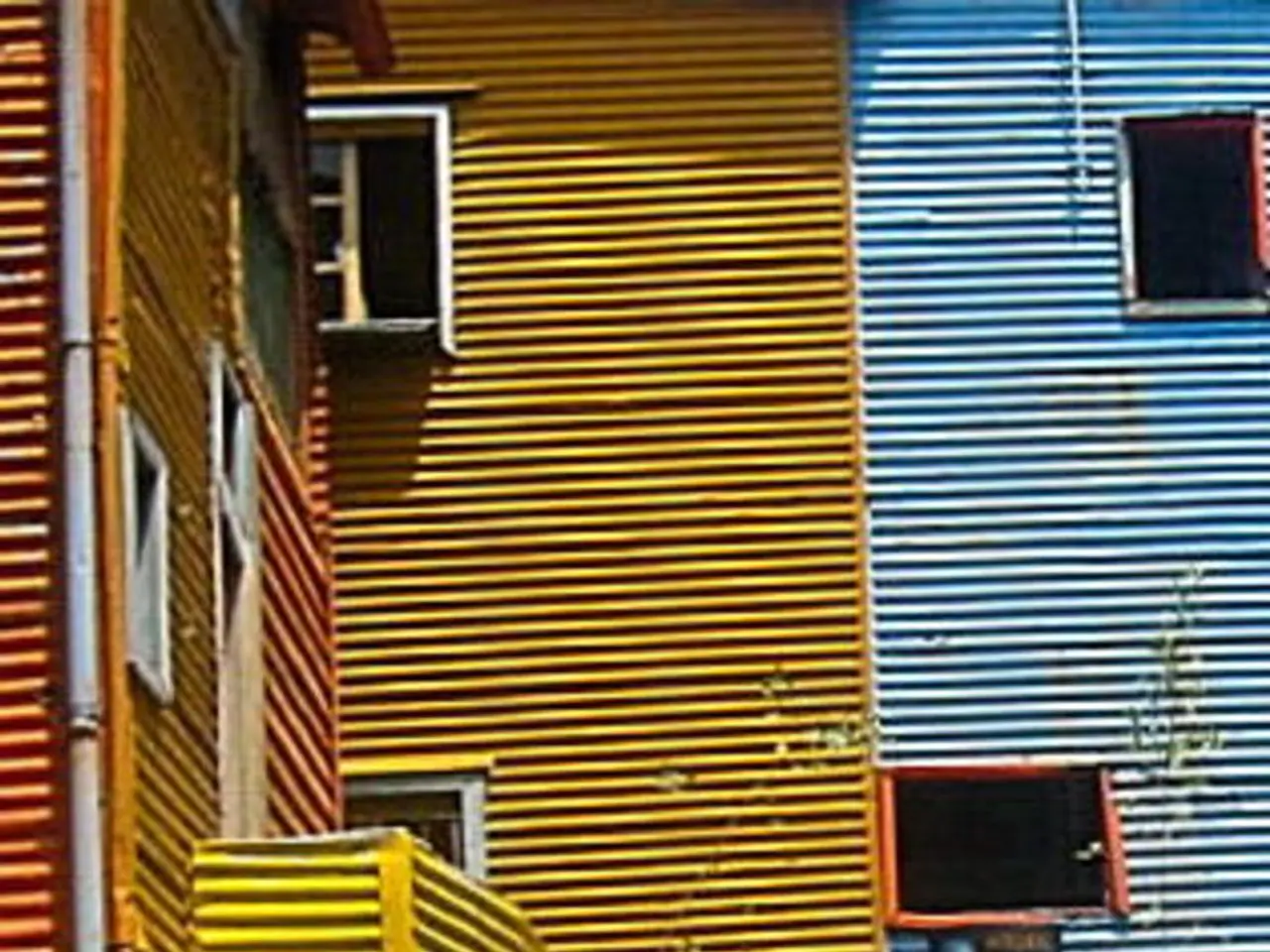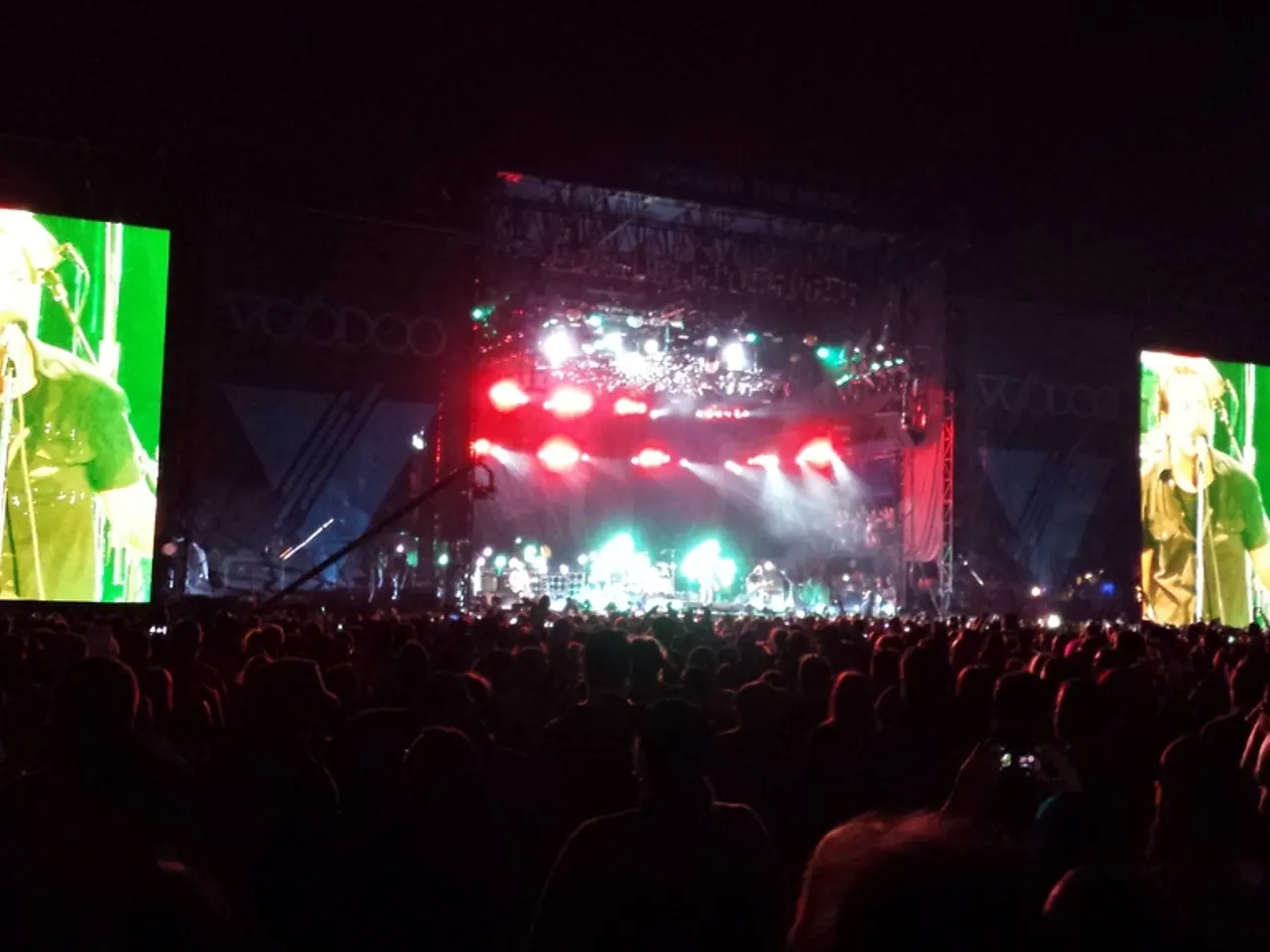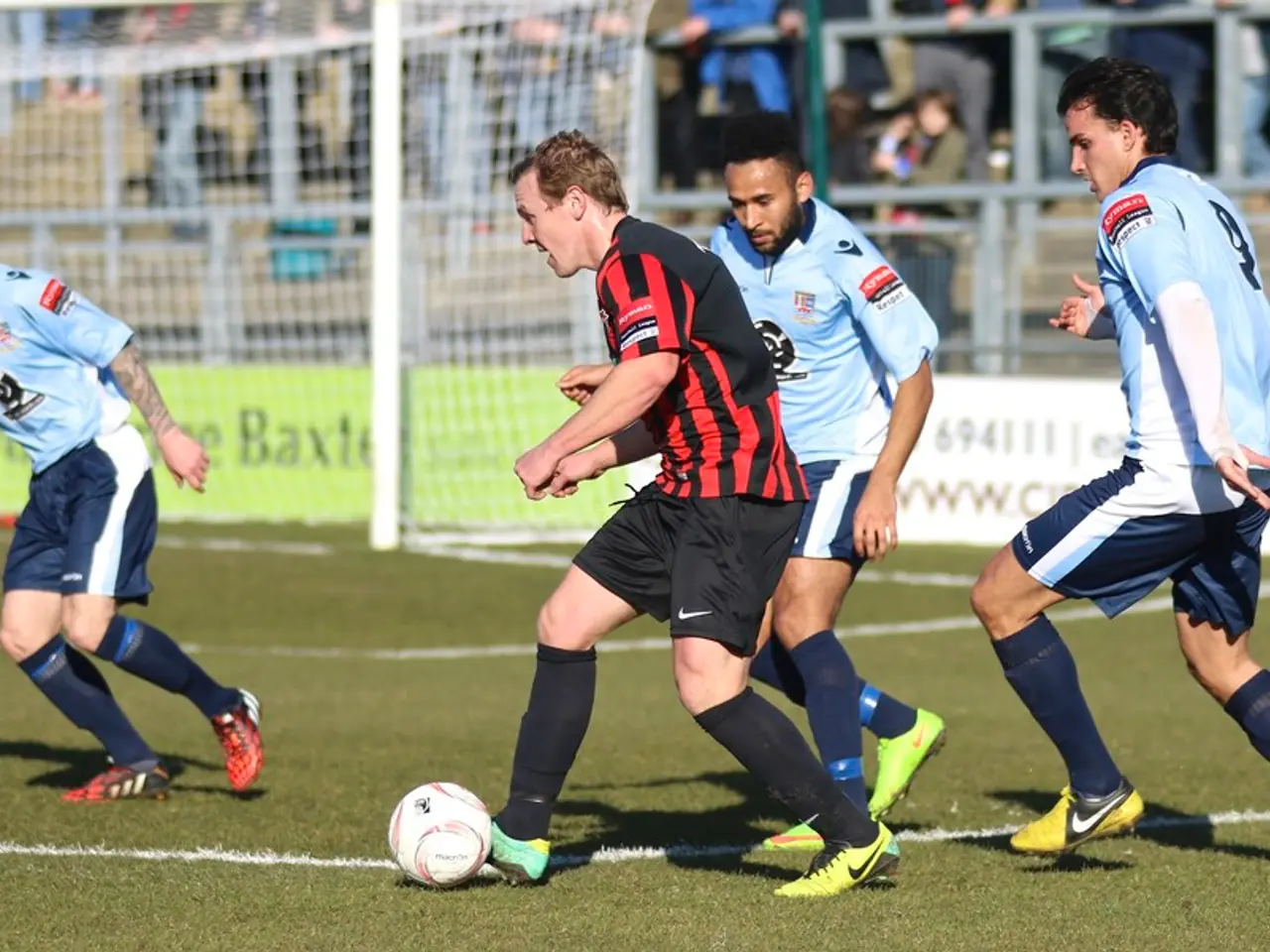Authorities ordered the exhumation of the remains of 114 individuals who died in July, for identification purposes.
A Dhaka court has ordered the exhumation of the remains of 114 martyrs from the Rayerbazar Intellectuals' Graveyard in Dhaka, Bangladesh. The purpose of this process is to identify the martyrs who died during the 2024 July mass uprising and were buried unidentified.
The court order was issued by Dhaka Chief Metropolitan Magistrate Mohammad Mostafizur Rahman following a plea by Mohammadpur Police Station. Sub-inspector Md Mahidul Islam filed the plea, requesting a proper legal process to exhume the bodies of the martyrs for identification purposes.
The court directed the appointment of an executive magistrate to oversee the exhumation process under section 176(2) of the Criminal Procedure Code (CrPC). The order, dated 4 August, also requested the preparation of postmortem reports for the bodies and the collection of DNA samples for confirmation of identity.
Once the identity of the martyrs is confirmed through DNA profiling, the police have requested that necessary measures be taken to hand over the bodies to their families if demanded by the families. The exhumation and identification process are currently underway in Dhaka.
The police have stated that many men and women died during the uprising across the capital, and 114 of them were buried in Rayerbazar Intellectuals' Graveyard as unidentified. The exhumation and identification process aim to provide closure to the families of these martyrs and honour their sacrifices.
[1] The Daily Star, "Dhaka court orders exhumation of 114 martyrs' remains for identification", 4 August 2024. [2] The Financial Express, "Dhaka court orders exhumation of 114 martyrs' remains for DNA testing", 4 August 2024.
[1] The order for exhumation of the 114 martyrs from Rayerbazar Intellectuals' Graveyard, initially buried during the 2024 July mass uprising, comes as a result of politics and general news, with the police station in Mohammadpur filing a plea for a proper legal process.
[2] This court decision, backed by police requests for DNA testing, is linked to war-and-conflicts and crime-and-justice, as it aims to identify the martyrs and provide closure to their families, honoring their sacrifices in the process.
